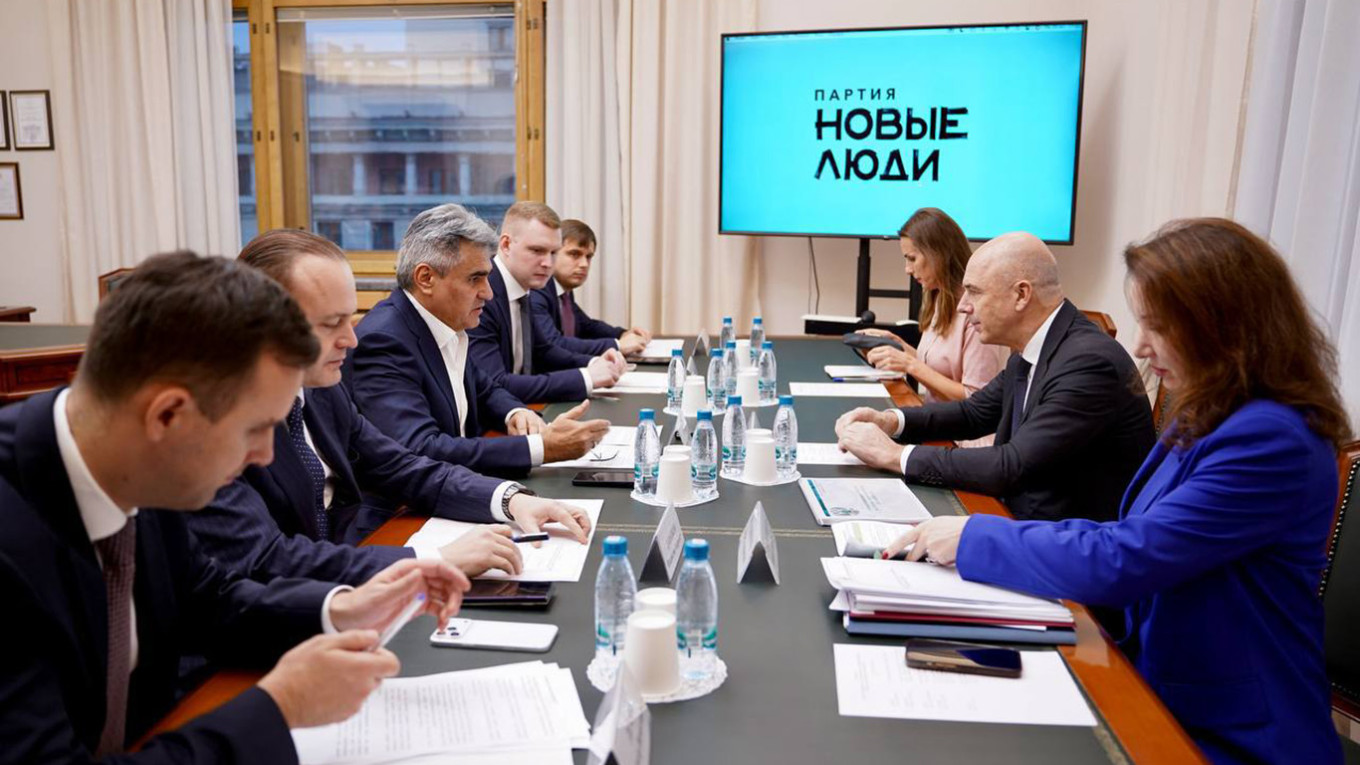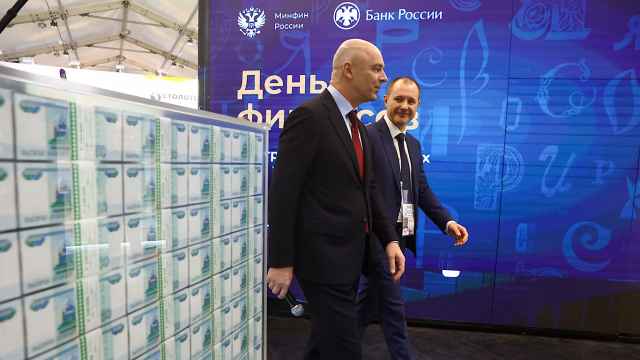Thousands of small businesses in Russia could be forced to shut down as a result of government plans to raise the tax burden on entrepreneurs, a lawmaker warned during a meeting with Finance Minister Anton Siluanov.
Alexei Nechaev, head of the New People party, said the Finance Ministry’s proposal to lower the annual revenue threshold for mandatory value-added tax (VAT) payments from 60 million to 10 million rubles ($744,000 to $124,000) would hit small and medium-sized enterprises (SMEs) in the regions hardest.
The increase would be especially painful for individual entrepreneurs, many of whom take home less than 200,000 rubles ($2,480) per month after paying taxes and salaries, Nechaev added.
He called on the Finance Ministry to amend the 2026 budget bill before its second reading to raise the VAT threshold for small businesses, saying the change would “protect hundreds of thousands of small enterprises from closure.”
Nechaev also called on the government to maintain existing VAT exemptions for Russian software developers.
“If these benefits are scrapped, we’ll be shooting ourselves in the foot,” he said, warning that IT firms could be forced to cut staff and that skilled specialists might seek work abroad. “The budget could end up losing tens of billions of rubles — roughly the same amount it expects to gain.”
The Finance Ministry in late September proposed a series of tax changes as part of the draft budget for 2026-2028.
These include lowering the VAT payment threshold to 10 million rubles a year; canceling VAT exemptions for domestic software; doubling payroll insurance contributions for IT employees to 15%; introducing a new gambling tax of 5% on accepted bets and 25% on bookmakers’ profits; and raising the overall VAT rate from 20% to 22%.
The ministry said the measures are needed to fund the country’s “defense and security” needs amid a widening budget deficit.
The federal deficit, initially projected at 1.17 trillion rubles ($14.5 billion), or 0.5% of GDP, reached 3.79 trillion rubles ($47 billion), or 1.7% of GDP, between January and September, according to Finance Ministry data.
Government spending jumped 19.5% to 30.73 trillion rubles ($381 billion) over the same period, while revenues rose just 2.5% to 26.94 trillion rubles ($334 billion).
The ministry now expects the deficit to reach 5.7 trillion rubles ($70.7 billion), or 2.6% of GDP, by year-end.
A Message from The Moscow Times:
Dear readers,
We are facing unprecedented challenges. Russia's Prosecutor General's Office has designated The Moscow Times as an "undesirable" organization, criminalizing our work and putting our staff at risk of prosecution. This follows our earlier unjust labeling as a "foreign agent."
These actions are direct attempts to silence independent journalism in Russia. The authorities claim our work "discredits the decisions of the Russian leadership." We see things differently: we strive to provide accurate, unbiased reporting on Russia.
We, the journalists of The Moscow Times, refuse to be silenced. But to continue our work, we need your help.
Your support, no matter how small, makes a world of difference. If you can, please support us monthly starting from just $2. It's quick to set up, and every contribution makes a significant impact.
By supporting The Moscow Times, you're defending open, independent journalism in the face of repression. Thank you for standing with us.
Remind me later.






